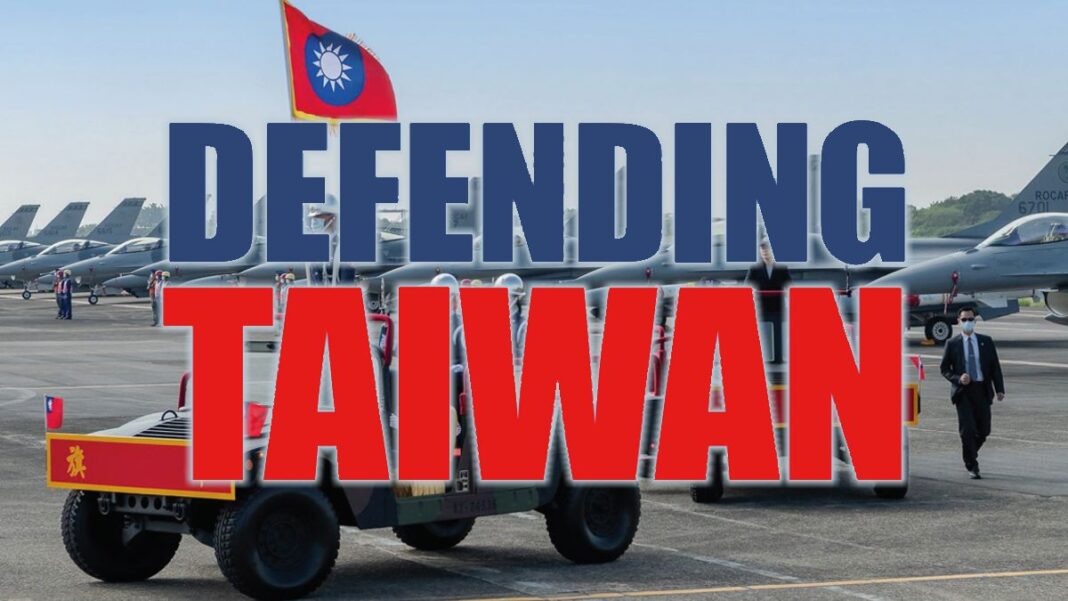Senator Marco Rubio (R-Fla.) was one of four U.S. lawmakers targeted by the Chinese regime’s retaliatory sanctions two years ago. And the pressure from Beijing hasn’t eased since.
Data analytics from the past few months showed a sharp rise in attacks from Chinese media outlets and social media targeting the senator, who has been at the forefront of calling out threats from communist China.
That includes close to 200 censorious mentions over a half year period, escalating in late March following Rubio’s speech, in which he called the Chinese Communist Party “the greatest threat facing America today,” and again in late May after the Uvalde shooting, when Rubio criticized the NBA for “politicizing a horrific tragedy in America” but refraining from talking about “the billions they make from a China that enslaves Uyghur Muslims and harvests their organs.”
“Anti-China pioneer” and “anti-China vanguard” were some of the remarks that appeared on Chinese media in that period. The reactions from the Chinese authorities were noticeable because generally, “Chinese media only react to what they perceive to be aggression by U.S. politicians rather than instigating an attack,” read an analysis by a tech analytics firm shared with The Epoch Times.
Sending Oil to Genocidal Regime
Such attacks reached a new height on June 16, a day after Rubio and Sen. Rick Scott (R-Fla.) introduced the “China Oil Export Prohibition Act” in a bid to ban the U.S. exports of oil and petroleum products to China that they said would “unwittingly aid and support our primary adversary.”
“While gas prices soar across the country, the Biden Administration is allowing half a million barrels of American oil to go to China every day,” Rubio said in a statement accompanying the bill. “This is unacceptable. We need to increase American oil production and give priority to domestic consumers, not send oil to a genocidal regime half a world away.”
By Eva Fu






